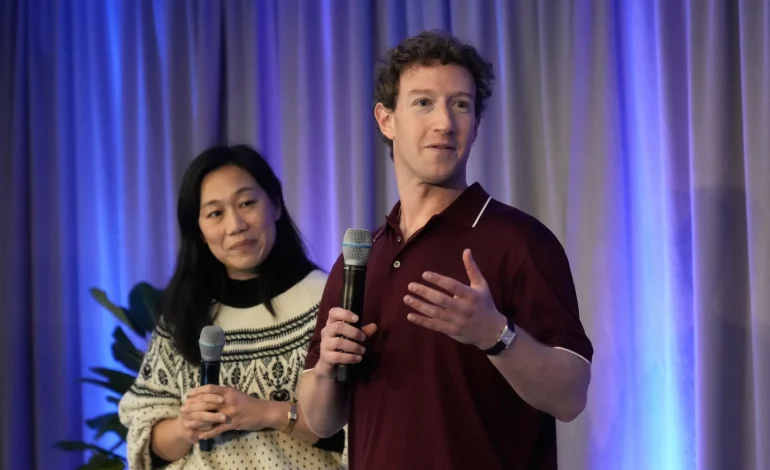Zuckerberg & Chan Put Philanthropy on a New Track: AI-first Science, Led by Biohub

With input from the New York Times, Axios, and AP.
The Chan Zuckerberg Initiative is getting a major tune-up. Mark Zuckerberg and Dr. Priscilla Chan are slimming their sprawling philanthropy down to a single, aggressive lane: using artificial intelligence to accelerate biomedical research — under a reorganized umbrella they’re calling Biohub.
Here’s the gist. CZI will concentrate its giving, staff and hardware on AI-powered science, with Biohub’s network of research centers steering the agenda. As part of the shift, CZI acquired the team from AI startup EvolutionaryScale (price not disclosed) and tapped its co-founder and chief scientist, Alex Rives, as CZI’s new head of science. The move follows the September departure of longtime science lead Steve Quake.
Zuckerberg and Chan say the bet is simple: science — and especially AI-supercharged biology — offers impact that won’t be “undone every few years.” In lockstep with Meta’s all-in AI push, CZI plans to crank up compute for research by a factor of 10 by 2028, building out data-center capacity to power projects such as a virtual cell platform, a biology-reasoning large language model, and tools that scan genetic sequences for early signs of disease. The aim is to run “virtual experiments” at a speed and scale lab benches can’t match.
It’s a notable turn for one of the world’s most visible philanthropies. Launched in 2015 with moonshot promises to “cure all disease,” reshape public policy, and overhaul education, CZI has since granted more than $7 billion and the couple have pledged to give away nearly all their wealth — roughly $256 billion at current values. But as their political and social footprint shrank — scaling back DEI, immigration advocacy, local housing grants, and even closing a low-income school founded by Chan — the science portfolio became the center of gravity.
Chan, a pediatrician, says that’s by design: CZI sees the best “return on impact” in building tools every researcher can use. Biohub’s next chapter doubles down on that toolkit — think cell-level maps, inflammation sensors, and open datasets — now paired with frontier AI. The organization isn’t abandoning education or housing entirely, but the money, headcount, and machines will increasingly flow to Biohub.
The takeaway: CZI is swapping breadth for depth. With Biohub in charge, an AI lab folded in, and hyperscale compute on the way, Zuckerberg and Chan are betting that modeling cells in silicon can move medicine faster than funding another batch of pilot programs ever could.









The latest news in your social feeds
Subscribe to our social media platforms to stay tuned